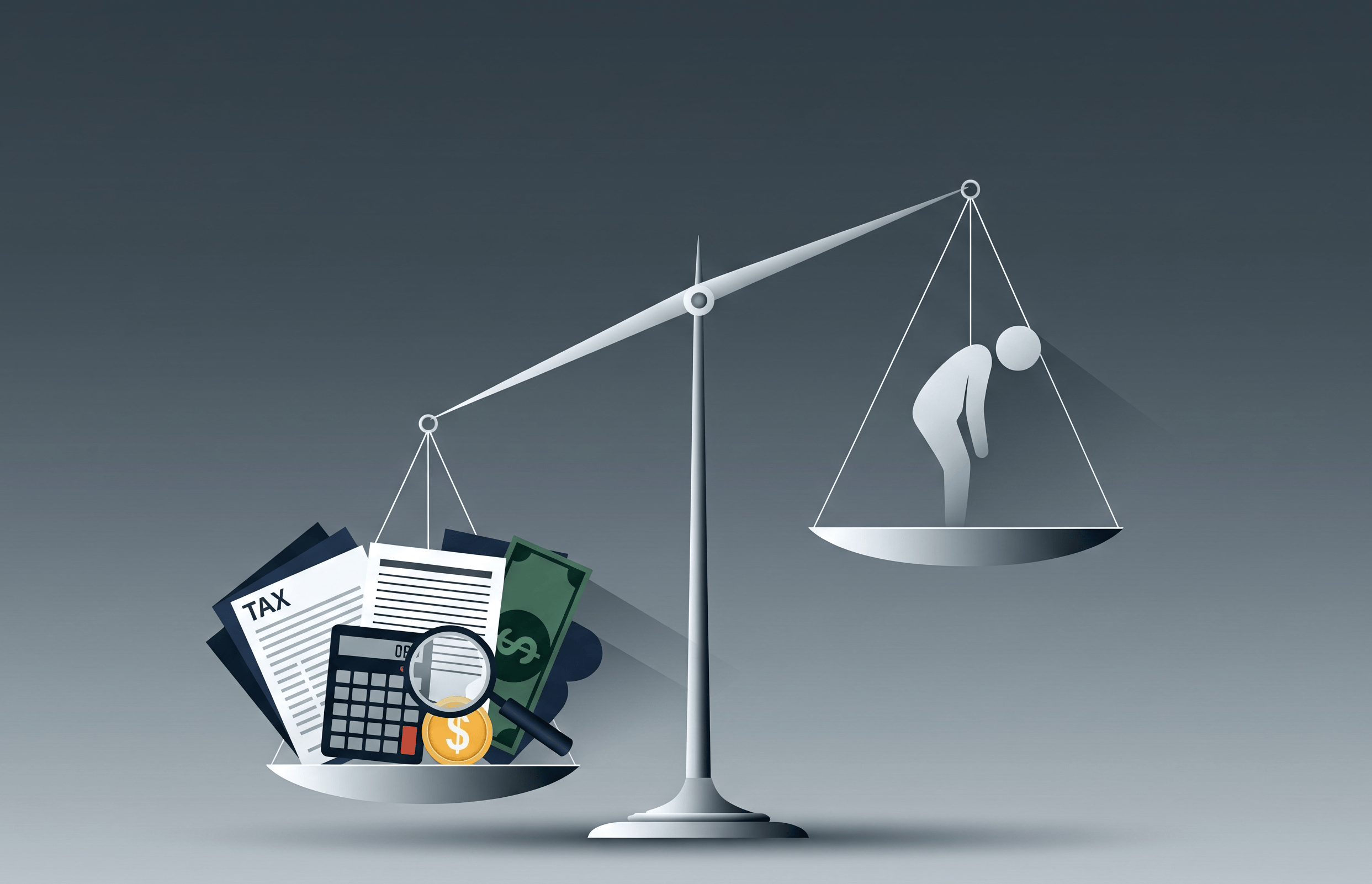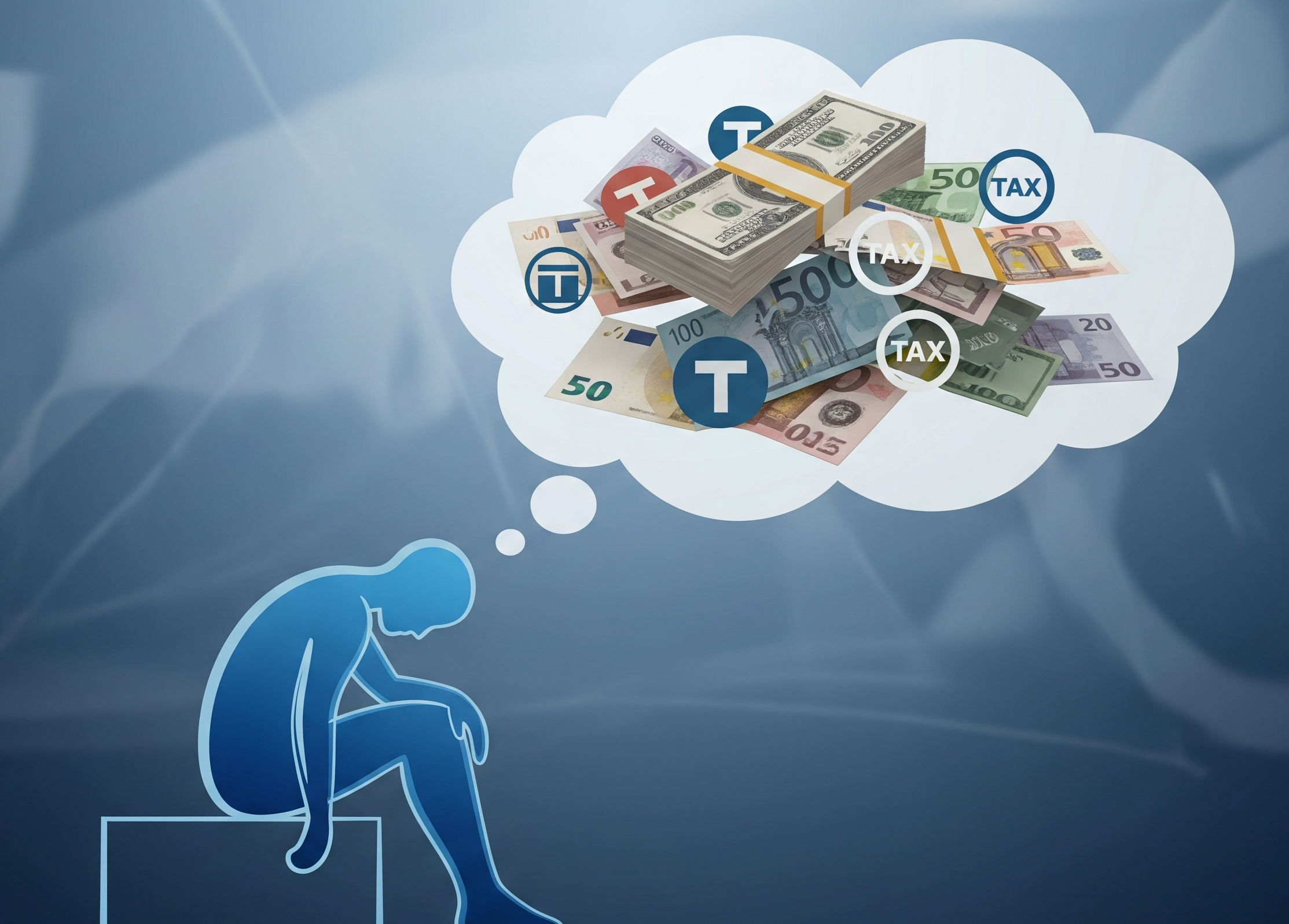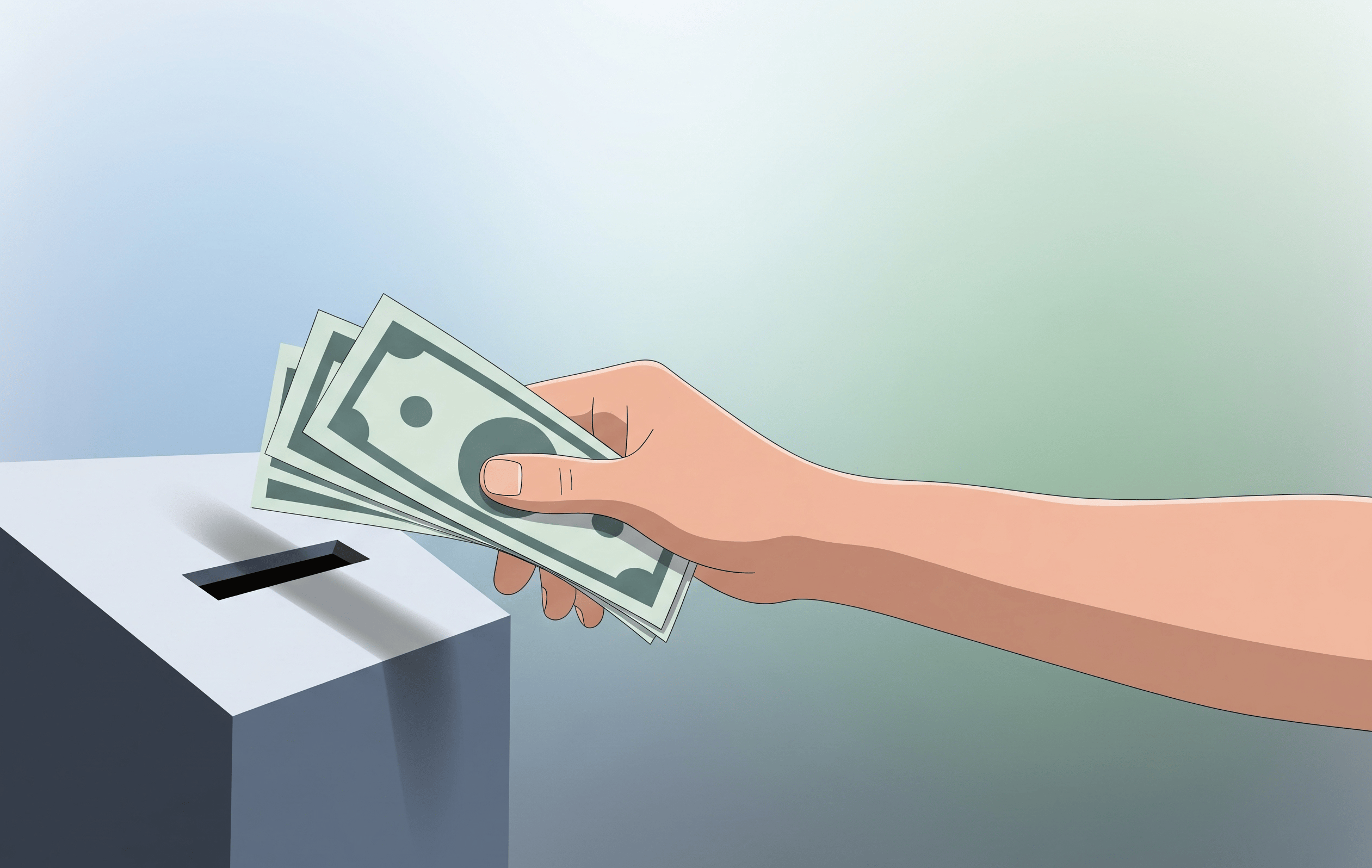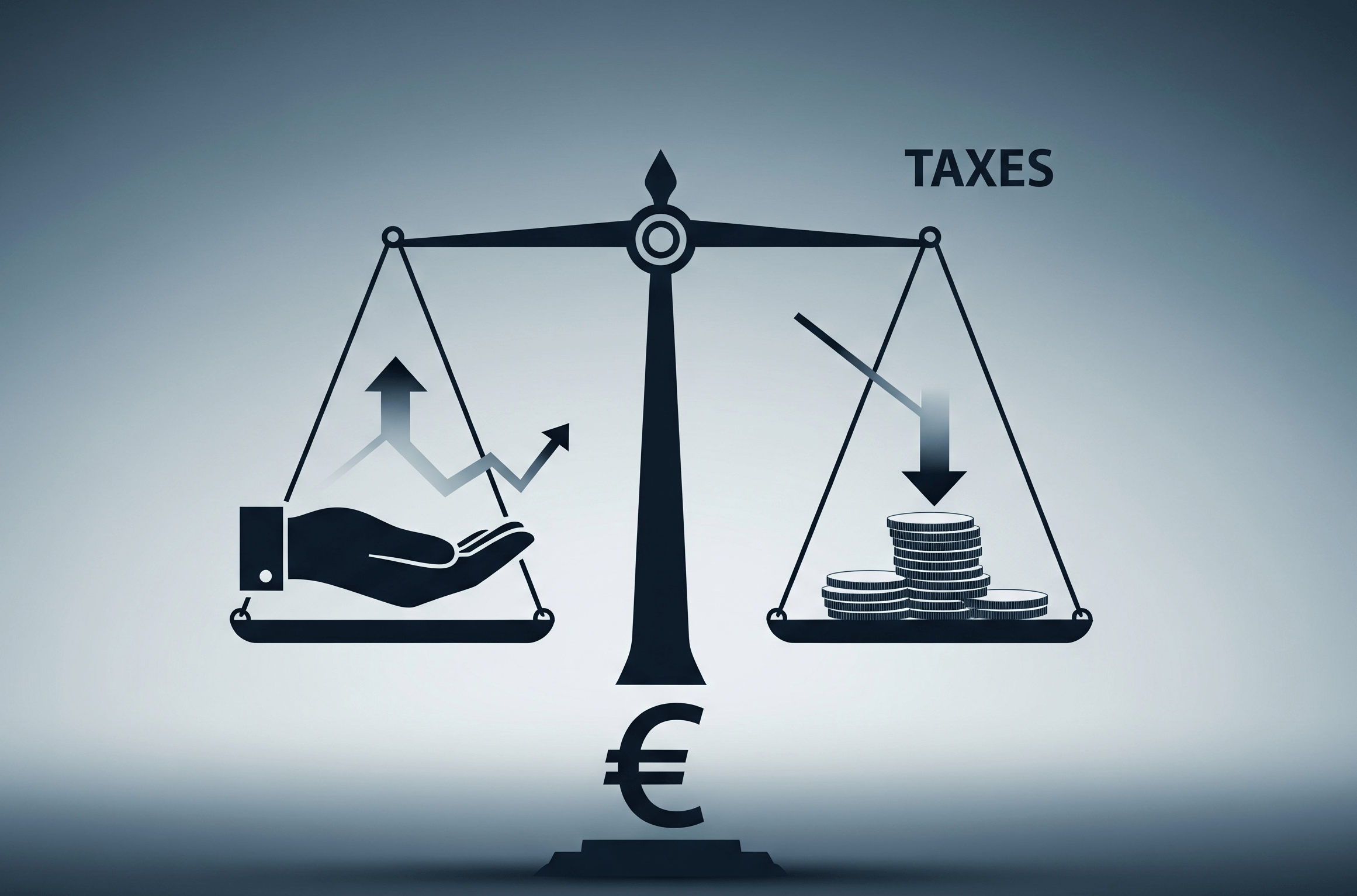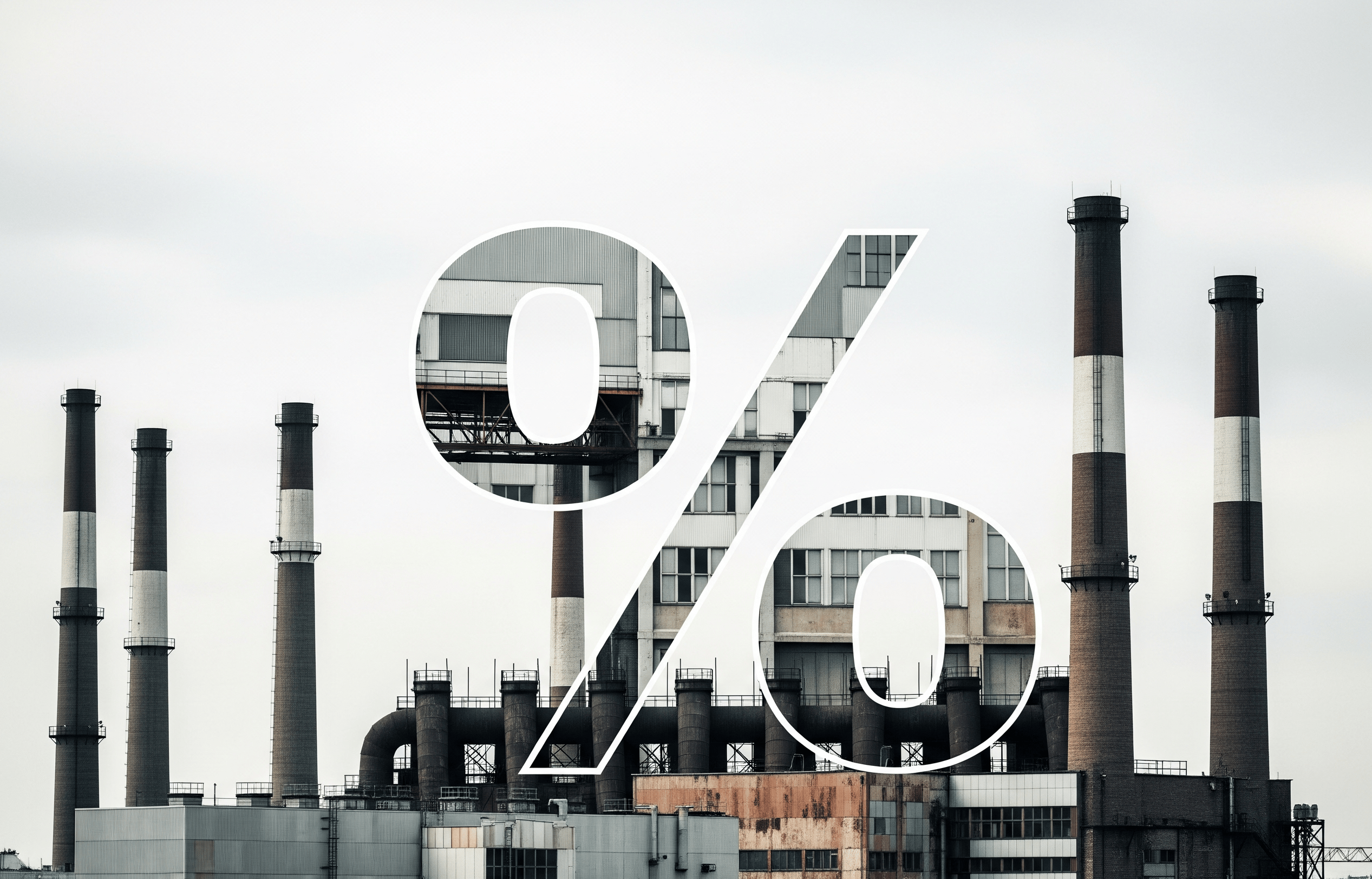Author: Vince Adriatico (Ex-banker with 750+ Credit Score)
Date: 7/7/2025
Unemployment benefits are a lifeline when your income disappears, but they can come with an unexpected catch. Many people are unaware that unemployment compensation is considered taxable income by the federal government, as well as in many states, according to local authorities. Failing to account for that can result in a smaller refund or a surprise bill at tax time. This article breaks down exactly how unemployment is taxed, how different states treat those benefits, and what you can do to avoid penalties. It also connects the dots between thoughtful tax planning and building credit, showing how, even during financial setbacks, you can take steps to protect your future. If you're asking, "Do you pay taxes on unemployment?"-this is your guide to clear answers, practical actions, and innovative credit moves.
The Frustration: Getting Help Today, Owning Tomorrow
Unemployment checks are intended to help people stay afloat. They're not bonuses. They're lifelines. But those lifelines come with strings attached. Unlike stimulus payments or child tax credits, unemployment benefits are taxable. That means what you receive today could reduce your refund or even trigger a bill when you file your taxes.
What You're Hoping For: Stability and No Surprises
Everyone wants the same thing: steady ground. When income disappears, unemployment helps patch the gap. But if that support leads to unexpected taxes, it feels like one more setback.
You're not trying to game the system-you're just trying to stay afloat. What you want is clear answers and a way to avoid incurring more financial stress later.
Where Most People Get Stuck
Here's what trips people up:
- They didn't realize that unemployment is taxed federally.
- They didn't opt in to have taxes withheld.
- They live in a state that taxes unemployment-and, and didn't plan for it.
- They counted on a refund, only to find out they owe.
The confusion is real. A lot of that stems from 2020, when the government temporarily waived taxes on the first $10,200 of unemployment income. That break is no longer in effect. But people still think it is.

The Straight Answer: Yes, Unemployment Is Taxable
At the federal level, all unemployment compensation is considered taxable income. You're required to report it on your IRS Form 1040 just like wages. Your state's unemployment office will send you a Form 1099-G, which shows the total benefits you received and any federal tax that was withheld. If you didn't elect to have taxes withheld from your payments, and many people don't, you'll owe that amount when you file. That could reduce or eliminate any refund you were expecting. In some cases, it could trigger an underpayment penalty. Unemployment benefits might feel different from a paycheck, but the IRS treats them the same when it comes to income tax.
What About State Taxes?
States don't all follow the same playbook when it comes to taxing unemployment. Thirteen states, including Colorado, Georgia, and Illinois, treat unemployment as taxable income. If you live in one of those, you'll likely owe state income tax on the benefits you received. Other states, like California, New Jersey, and Pennsylvania, don't tax unemployment at all. And then there are states like Texas and Florida, which don't have an income tax to begin with, so there's no state tax on unemployment because there's no state tax. Since these rules vary so much, it's smart to check your state's Department of Revenue or unemployment agency to see exactly how benefits are handled where you live.
The Hidden Opportunity: Tax Planning Can Help Build Credit
Here's the part most people overlook: your tax situation isn't just about this year's refund. It's part of your bigger financial story. If you plan ahead by withholding the right amount or setting aside money for taxes, you avoid penalties, and that makes it easier to stay current on your bills. And staying current is key to building your credit.
At Cheers, credit-building should be automatic, not confusing. That's why we help people build credit while saving, with no credit check and no hidden fees. You start building payment history from Day 1, and your monthly activity gets reported to all three major credit bureaus.
When your finances are stretched thin, having one less thing to worry about can make a real difference.
What You Can Do Next
If you're receiving or expect to receive unemployment benefits, there are a few things you can do to avoid surprises at tax time. Start by opting into federal tax withholding-this is usually offered when you apply, or you can submit IRS Form W-4V later to request it. Withholding 10% upfront can help spread out the cost, instead of facing it all at once. Next, keep track of your Form 1099-G, which your state will send you at the beginning of the year. This form shows precisely how much you received and what (if anything) was withheld. It's also a good idea to check your state's tax rules. Just because the IRS taxes your benefits doesn't mean your state will or won't. Double-checking saves you from last-minute surprises. In more complex situations, such as if you work multiple jobs or live in a high-tax state, using tax software or a professional can be worth the investment. And if you end up owing, filing early gives you more time to set up a payment plan or make adjustments. It's all about taking back control.
A Simple Way to Build While You Wait
If unemployment has paused your financial goals, you're not alone. Credit doesn't have to take a backseat. With Cheers Credit Builder, you can build a credit history even while saving. Every on-time payment is reported to all three bureaus, helping you strengthen your score while preparing for what's next.
You don't need a credit card. There's no hard pull. And you can get started in just a few minutes.
Cheers is not a bank. Deposit account held by Sunrise Bank, Member FDIC.
Final Thought
Unemployment is stressful enough. Taxes shouldn't add to it. If you're asking, "Do you pay taxes on unemployment?" you're already ahead of the game by looking into it now. Know the rules, plan, and choose tools that help you move forward. Because the goal isn't just to make it through the hard times-it's to come out stronger on the other side.





